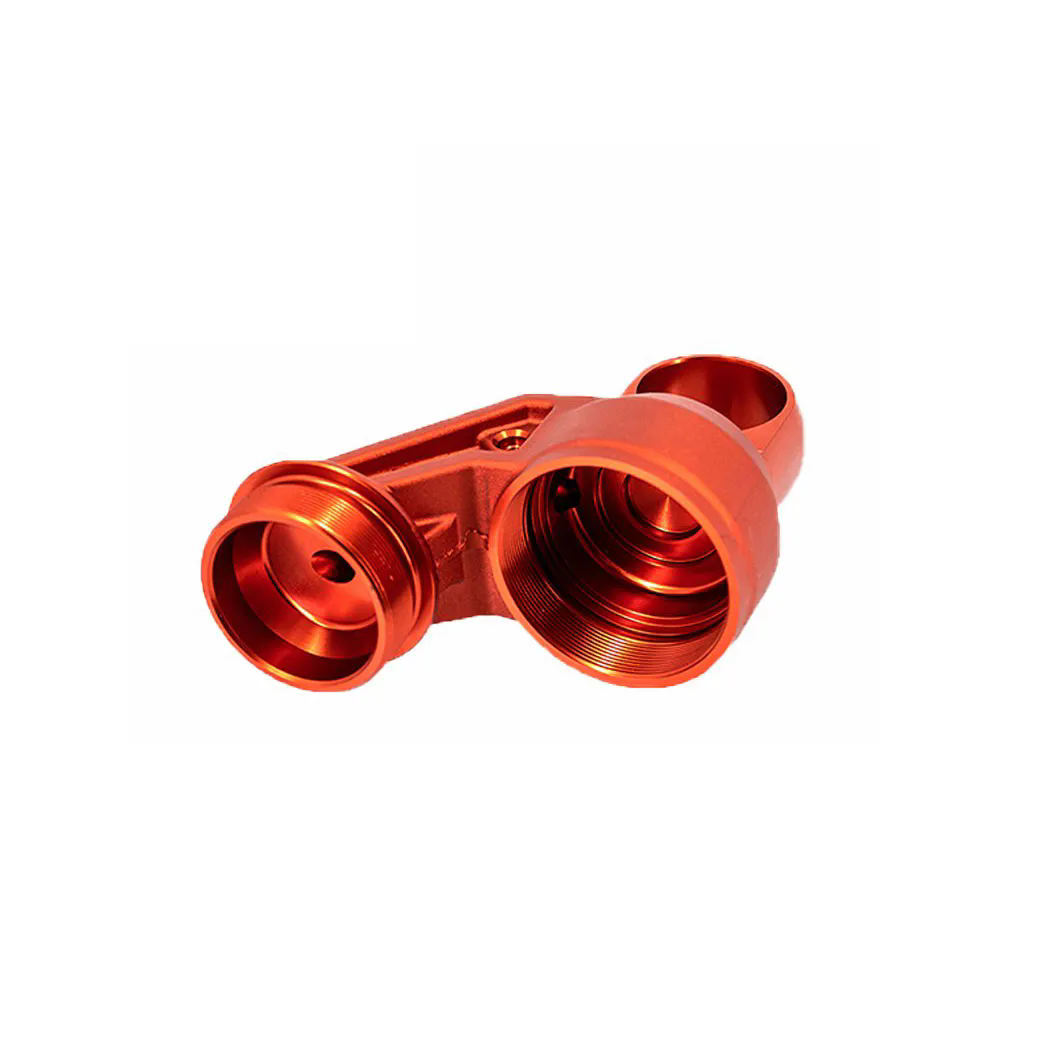Advantages of Metal Forging Precision Parts
2024-08-06
Metal forging is a manufacturing process that involves shaping metal using localized compressive forces. When it comes to precision parts, metal forging offers numerous advantages over other manufacturing methods. Here are the key benefits:
Advantages of Metal Forging for Precision Parts
1. Enhanced Strength and Durability:
- Grain Structure Improvement: The forging process refines the grain structure of the metal, which improves its mechanical properties. This results in parts that are stronger and more durable compared to those made by casting or machining.
- Elimination of Defects: Forging eliminates internal voids and gas pockets, which are common in cast parts, leading to a more robust and reliable end product.
2. Superior Mechanical Properties:
- High Tensile Strength: Forged parts generally have higher tensile strength and fatigue resistance, making them ideal for high-stress applications.
- Improved Wear Resistance: The refining of grain structure during forging also enhances the wear resistance of the metal, extending the lifespan of the parts.
3. Precision and Accuracy:
- Close Tolerances: Modern forging techniques allow for high precision and tight tolerances, which are essential for parts that require exact dimensions and fit.
- Consistency: Forging ensures uniformity and consistency in the production of parts, which is crucial for applications that demand high reliability.
4. Cost-Effectiveness:
- Material Utilization: Forging typically involves less material waste compared to machining, as the metal is shaped rather than cut away. This efficient use of material can reduce costs.
- Reduced Post-Processing: Precision forging often reduces the need for extensive post-processing, such as machining, grinding, or heat treating, leading to lower overall production costs.
5. Versatility in Material and Design:
- Wide Range of Materials: Forging can be applied to a variety of metals, including steel, aluminum, titanium, and other alloys, making it a versatile manufacturing method.
- Complex Geometries: Advanced forging techniques can produce complex shapes and intricate designs that might be challenging or impossible with other methods.
6. Improved Surface Finish:
- Smoother Surfaces: The forging process generally results in a smoother surface finish compared to casting, which can reduce the need for additional finishing processes.
- Reduced Porosity: Forged parts typically have lower porosity, which contributes to a better surface finish and improved aesthetic appeal.
7. Enhanced Performance in Extreme Conditions:
- High Temperature and Pressure Resistance: Forged parts are well-suited for applications involving extreme temperatures and pressures, such as in aerospace, automotive, and industrial machinery.
- Reliability in Critical Applications: The strength and durability of forged precision parts make them ideal for critical applications where failure is not an option.
8. Environmental Benefits:
- Energy Efficiency: The forging process can be more energy-efficient compared to other manufacturing methods, as it often requires less energy for heating and shaping the metal.
- Reduced Waste: The efficient use of material and reduction in scrap metal contribute to a more sustainable manufacturing process.
Conclusion
Metal forging for precision parts offers numerous advantages, including enhanced strength and durability, superior mechanical properties, precision and accuracy, cost-effectiveness, and versatility in material and design. These benefits make forging an ideal choice for manufacturing high-quality, reliable, and long-lasting precision parts for various industries.



